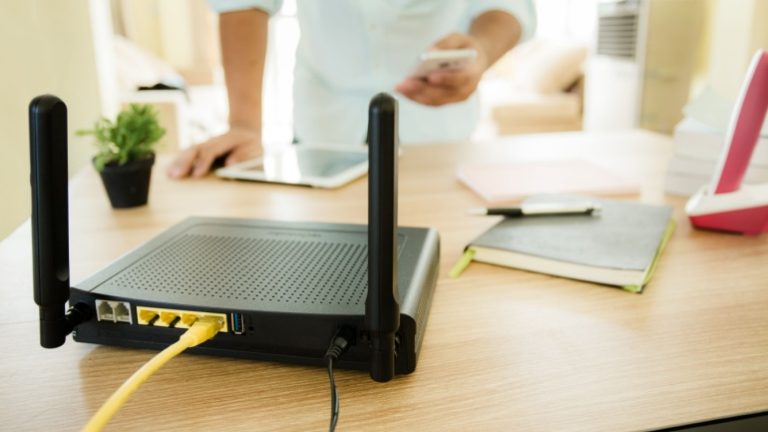
The proposed acquisition of Inmarsat by its rival Viasat is set to close imminently, following the approval from the European Commission. This clearance was the last major regulatory obstacle for the companies, who had announced the $7.3 billion cash, stock, and debt deal back in November 2021. The acquisition spurred concerns over competition in the in-flight broadband market, leading to thorough investigations by regulators.
Margrethe Vestager, EVP in charge of competition policy at the European Commission, emphasized the increasing prevalence of in-flight internet connectivity on commercial flights in Europe. Viasat and Inmarsat use their own GEO satellites to provide broadband in-flight connectivity services to commercial airlines in Europe and beyond, as well as other satellite services. Following an in-depth investigation, Vestager concluded that Viasat’s acquisition of Inmarsat would not negatively impact the competitive landscape, as there will still be sufficient choices among credible providers available for airlines.
The Commission also determined that the combined entity will not hold a dominant position in the in-flight broadband market. Moreover, the market is expected to present ample opportunities for current players to compete and for new entrants to emerge. As a result, the European Commission approved the deal without conditions.
In a joint statement, Viasat and Inmarsat confirmed their plans to complete the transaction by the end of this month. With less than a week to go, this deal is essentially complete. However, there are still other pending mergers, such as talks between SES and Intelsat about a possible merger valued at over $10 billion, and Eutelsat and OneWeb’s merger, which was announced in July and remains subject to regulatory approval.
As satellite technologies advance, providing more affordable broadband services and capacity for in-flight broadband and other connectivity options, the market is attracting more players. High-profile companies such as SpaceX’s Starlink and Amazon’s Kuiper are already making headlines, with smaller or more established satellite companies looking to grow. The Viasat/Inmarsat merger is not expected to be the last, and the European Commission may face more complex decisions regarding satellite M&A in the future.



